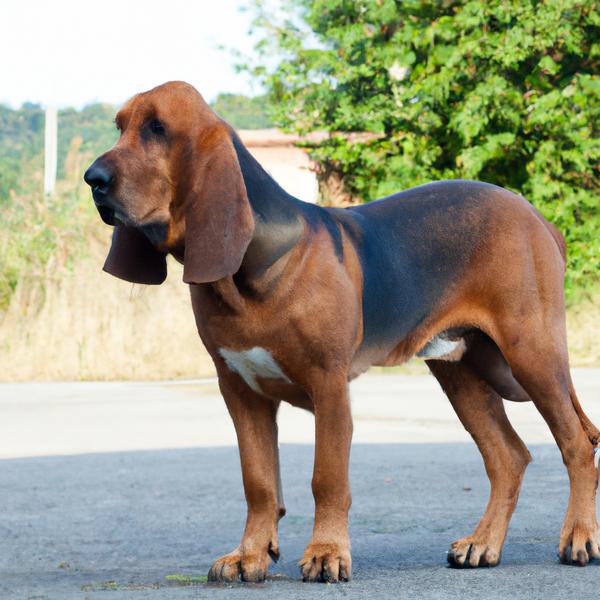Bloodhound vs. Decker Hunting Terrier: Breed Differences and Similarities
Hypoallergenic
Are Bloodhounds or Decker Hunting Terriers hypoallergenic, or neither?
Unfortunately, neither Bloodhound nor Decker Hunting Terrier are hypoallergenic, which may not make them the best choice for dog lovers who suffer from pet allergies.
Temperament
What are the personalities of Bloodhound and Decker Hunting Terrier dogs?
Affectionate
Gentle
Independent
Outright
Tempered
Stubborn
Active
Playful
Loving
Alert
Intelligent
Affectionate
Lively
Inquisitive
Fearless
Shedding Level
Do Bloodhounds shed more than Decker Hunting Terriers, or which breed sheds more, Bloodhounds or Decker Hunting Terriers?
Bloodhounds are moderate shedders, but regular brushing can reduce shedding and maintain coat health.
Decker Hunting Terriers are heavy shedders, but regular brushing can help manage shedding and promote a healthy coat.
Watchdog Ability
Which dog breed makes a better watchdog, the Bloodhound or Decker Hunting Terrier?
Avoid Bloodhounds as watchdogs - they're not effective.
Decker Hunting Terriers aren't great guard dogs; they tend to just watch without taking action.
Origin
What is the origin of Bloodhound and Decker Hunting Terrier dog breeds?
Europe
United States
Ancestry
What are the origins of Bloodhound and Decker Hunting Terrier breeds?
flemish hound, talbot hound
Smooth Fox and Rat Terrier
Breed recognition
Which kennel clubs recognize/register Bloodhound and Decker Hunting Terrier?
American Canine Registry
American Kennel Club
America's Pet Registry
Canadian Kennel Club
Dog Registry of America Inc.
Federation Cynologique Internationale
Kennel Club of Great Britain
North American Purebred Registry, Inc.
Australian National Kennel Council
Continental Kennel Club
National Kennel Club
New Zealand Kennel Club
United Kennel Club
National Rat Terrier Association (NRTA)
Decker Hunting Terrier Registry (DHTR)
Date of Birth
When were Bloodhound and Decker Hunting Terrier breeds first developed?
middle ages
1970s
Eye Color Possibilites
What are the eye colors of Bloodhound and Decker Hunting Terrier dogs?
Hazel
Amber
Hazel
Brown
Nose Color Possibilites
What are the natural nose colors of Bloodhound and Decker Hunting Terrier?
Black
Brown
Blue
Black
Brown
Coat Color Possibilites
What are the natural colors of the coat for Bloodhound and Decker Hunting Terrier breeds?
Black
Brown
Red
Fawn
Sable
Black
Gray
Pied
White
Brown
Coat Length
What is the typical coat length for Bloodhound and Decker Hunting Terrier breeds?
Bloodhounds have short coats.
Decker Hunting Terriers have coats that can be either short or medium in length.
Coat Density
What is the density of the coat of Bloodhound and Decker Hunting Terrier?
Coat Texture
What is the hair texture of Bloodhound and Decker Hunting Terrier?
Straight
Litter Size
What is the usual litter size for Bloodhound and Decker Hunting Terrier?
A Bloodhound can have a litter of 10-12 puppies on average. However, it's worth noting that the size of the litters can vary greatly. Factors that can influence litter size include the health of the mother, breeding history, and genetics.
A Decker Hunting Terrier can have a litter of 5-7 puppies on average. However, it's worth noting that the size of the litters can vary greatly. Factors that can influence litter size include the health of the mother, breeding history, and genetics.
Adaptability
Bloodhounds have average adaptability to changes in lifestyle and living environments compared to other breeds.
Decker Hunting Terriers are highly adaptable and versatile, making them excellent companions for families and individuals of all lifestyles.
Health Issues
Between Bloodhound and Decker Hunting Terrier, which breed is more prone to health problems?
The Bloodhound breed is generally very healthy, requiring minimal vet visits. Still, it's important to keep an eye on their health and seek veterinary care when needed.
While the Decker Hunting Terrier breed is generally healthy, occasional vet check-ups are still necessary to address any health concerns.
Major Concerns
What are the major health concerns for Bloodhound and Decker Hunting Terrier breeds?
Otitis Externa
Entropion
Gastric Torsion
Cherry Eye
Hip And Elbow Dysplasia
Patellar Luxation
Hip Dysplasia
Heart Conditions
Minor Concerns
What minor health issues should be kept in mind when owning Bloodhound and Decker Hunting Terrier?
Bone And Joint Problems
Hypothyroidism
Demodectic Mange
Skin Allergies
Eye Diseases and Disorders
Occasional Tests
What occasional tests are recommended for Bloodhound and Decker Hunting Terrier breeds?
Eye
Hip
Elbow
Thyroid Tests
X-Rays
BAER Testing
Skin Samples
X-rays or other radiographic imaging
Eye and Ear Examination
Energy
How do the energy levels of Bloodhounds and Decker Hunting Terriers compare?
Bloodhounds thrive on an active lifestyle due to their high-energy nature.
Decker Hunting Terriers' high energy levels make them unsuitable for a low-key dog, choose accordingly.
Social Needs
Bloodhound vs Decker Hunting Terrier social needs comparison
Bloodhound and Decker Hunting Terrier have very high social needs. These needs include regular mental and physical stimulation, a job or purpose, and companionship. They thrive in environments where they have a lot of interaction with humans and other dogs.
Exercise Needed
Bloodhound vs Decker Hunting Terrier exercise need comparison.
Bloodhounds need high physical activity and are ideal for active individuals, but not suitable for sedentary lifestyles or small apartments.
Decker Hunting Terriers require significant physical activity and suit those with an active lifestyle.
Sleeping Need
Which of the two sleeps the most/least: Bloodhound or Decker Hunting Terrier?
Bloodhound and Decker Hunting Terrier are active dogs that may not require as much sleep as other breeds. However, they still need enough sleep to stay healthy.
Tendency to Bark
Do Bloodhounds or Decker Hunting Terriers bark more/less frequently?
Bloodhound dogs bark and howl frequently and are not recommended for quiet homes.
Decker Hunting Terrier dogs are generally less vocal than other breeds and only bark when necessary, such as to alert their owner or communicate.
Mouthiness
Mouthiness Comparison: Bloodhound vs Decker Hunting Terrier?
Roaming urge
Bloodhound vs Labrador: Running away tendency?
Prey Drive
Bloodhound or Decker Hunting Terrier - which breed has a higher level of prey drive?
Past times
What are some enjoyable activities and ways to keep Bloodhound and Decker Hunting Terrier entertained?
Snack time, Walk, Petting, Sniffing, Not walking, Eating treats, Walking, Cuddle, Hide & Seek
Walk, Hike, Play, Run, Beach, Walking, Hiking, Jumping
Activity Level
Which breed has higher energy, Bloodhounds or Decker Hunting Terriers?
Bloodhounds are medium-energy dogs and typically enjoy socializing and playing casual or even sustained games of chase with other dogs. They may also have occasional periods of barking or racing around the house.
Decker Hunting Terriers are high-energy dogs. They need mental as well as physical exercise. These dogs require a lot of your involvement and without it they can, and will, become problematic dogs.
Tolerance of being left alone
Walks per Week
How many miles should Bloodhound or Decker Hunting Terrier walk each week?
There's really no limit to how far you walk your dog as long as they're comfortable. For Bloodhound, it's at least 8 miles / week. Just remember to build distance and stamina gradually over time.
There's really no limit to how far you walk your dog as long as they're comfortable. For Decker Hunting Terrier, it's at least 10 miles / week. Just remember to build distance and stamina gradually over time.
Activity per Day
Do Bloodhounds or Decker Hunting Terriers require more exercise?
Both Bloodhound and Decker Hunting Terrier typically require a minimum of 60 minutes of exercise each day. The exercise can be spread throughout the day and may involve high-energy activities like walking, running, and playing.
Grooming
Which breed is easier to maintain in terms of grooming, Bloodhounds or Decker Hunting Terriers?
Bloodhound and Decker Hunting Terrier are breeds of dogs that are known for their low grooming needs.
Brushing Frequency
What is the recommended brushing frequency for Bloodhound and Decker Hunting Terrier dogs?
Bloodhound and Decker Hunting Terrier should be brushed at least once a week. Of course, you can give them more frequent brushes if you find that they are still shedding a lot.
Brushing Tools
What brushing tools are used for Bloodhounds and Decker Hunting Terriers?
Slicker Brush
Nail Clipper
Slicker Brush
Nail Clipper
Cups
How much food should be given to Bloodhound or Decker Hunting Terrier in cups?
Bloodhound and Decker Hunting Terrier share the same recommended daily food intake of 3 cups, although the appropriate quantity may vary depending on the quality and nutritional content of their food.
Daily Cost
Which breed has a higher daily cost, Bloodhound or Decker Hunting Terrier?
The average cost of a Bloodhound is somewhere $2.80 - $3.20 per day.
The average cost of a Decker Hunting Terrier is somewhere $1.70 - $2.00 per day.
Monthly Cost
Which breed has a higher monthly cost, Bloodhound or Decker Hunting Terrier?
The average per month expenses of a Bloodhound is between $84 - $95. This makes an average of $1008 - $1140 per year. It will be on the higher side when the dog is still small because it will need more frequent visits to the vet, shots.
The average per month expenses of a Decker Hunting Terrier is between $48 - $63. This makes an average of $576 - $756 per year. It will be on the higher side when the dog is still small because it will need more frequent visits to the vet, shots.
Intelligence
Comparing Intelligence: Bloodhounds vs Decker Hunting Terriers
Bloodhound is a very intelligent and trainable breed.
Decker Hunting Terrier is an independent and stubborn breed with low obedience intelligence, making training a test of patience.
Sensitivity Level
How do Bloodhound and Decker Hunting Terrier compare in sensitivity?
These breeds are more sensitive than others and easily overwhelmed by new surroundings and people. Bloodhound and Decker Hunting Terrier need gentle handling and a calm, stable home environment with positive reinforcement training.
Affection Dependance
Which is the more affectionate dog breed: Bloodhound vs Decker Hunting Terrier?
Apartment Friendly
Which breed is more apartment-friendly: Bloodhound or Decker Hunting Terrier?
The Bloodhound is not suitable for apartments and requires a large yard to thrive. Pent-up energy in small spaces can lead to destructive behavior.
The Decker Hunting Terrier is a great apartment dog, thriving with sufficient exercise and time outside as part of their daily routine.
Child Friendly
Do Bloodhounds or Decker Hunting Terriers have a friendlier temperament towards children?
The typical characteristics of Bloodhound and Decker Hunting Terrier indicate that this breed of dog is an ideal companion for kids and makes them family pets. Their gentle and protective nature and calm mentality make them gel along quickly with the younger humans.
Senior-friendly
Which dog is more suitable as a pet for the elderly - Bloodhound or Decker Hunting Terrier?
Cat Friendly
Do Bloodhound or Decker Hunting Terrier breeds have a better compatibility with cats?
Bloodhounds are very friendly with cats and make great companions for them.
Decker Hunting Terriers are average in their friendliness toward cats and tend to do well with them, especially if raised together.
Dog Friendly
Which breed is more sociable with other dogs: Bloodhound or Decker Hunting Terrier?
Bloodhounds are generally very friendly towards other dogs, with a happy and affectionate temperament.
Decker Hunting Terriers are average in their friendliness towards other dogs, and socialization can help.
Pet friendly
How do Bloodhound or Decker Hunting Terrier dogs interact with other pets?
Stranger Friendly
Which breed is more friendly with strangers: Bloodhound or Decker Hunting Terrier?
Bloodhounds are highly friendly around strangers.
Decker Hunting Terriers are averagely friendly around strangers but benefit from early socialisation.
Playfulness
Which breed is more playful between Bloodhound and Decker Hunting Terrier?
Bloodhounds are very playful, so adopting an older one might be a better option for a more relaxed experience.
Decker Hunting Terriers are a playful breed that needs daily playtime to be happy.
Trainability
How do the trainability levels of Bloodhounds and Decker Hunting Terriers compare?
Bloodhound and Decker Hunting Terrier dogs are known for their ease of training and ability to learn quickly, making them a popular choice for pet owners and trainers alike.
Compare Bloodhound with other breeds
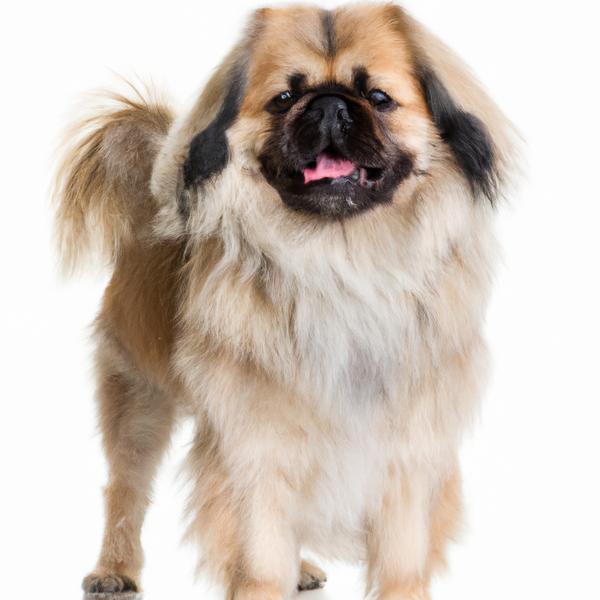
Tibetanpei Spaniel
Bloodhound vs Tibetanpei Spaniel
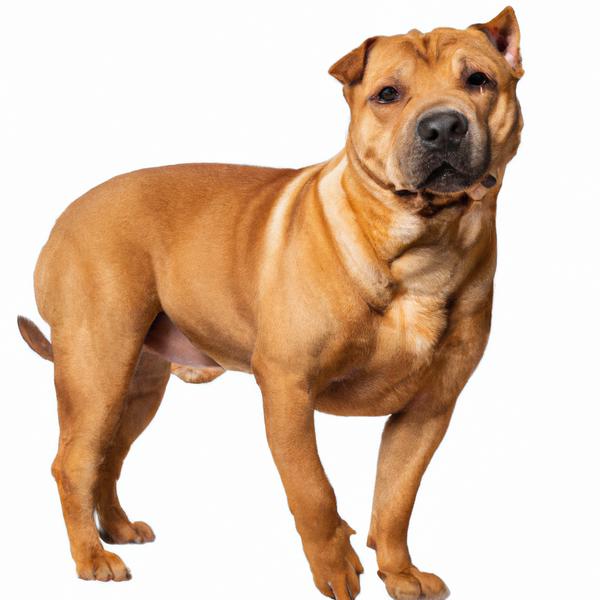
Shar-Pei Pitbull Terrier
Bloodhound vs Shar-Pei Pitbull Terrier
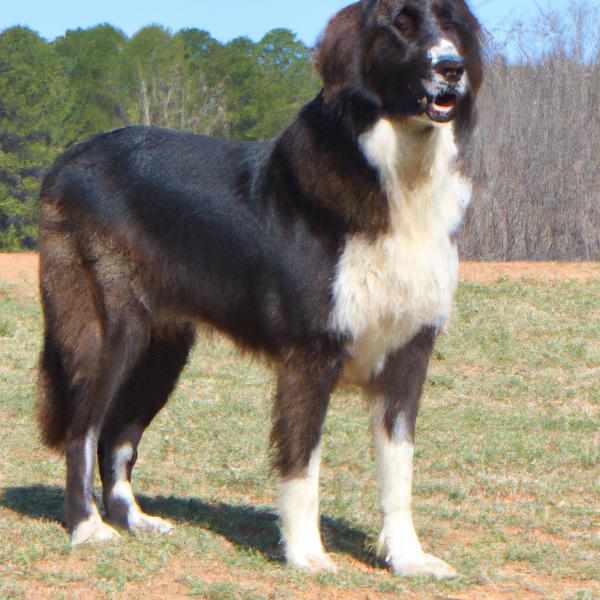
Mastapeake
Bloodhound vs Mastapeake
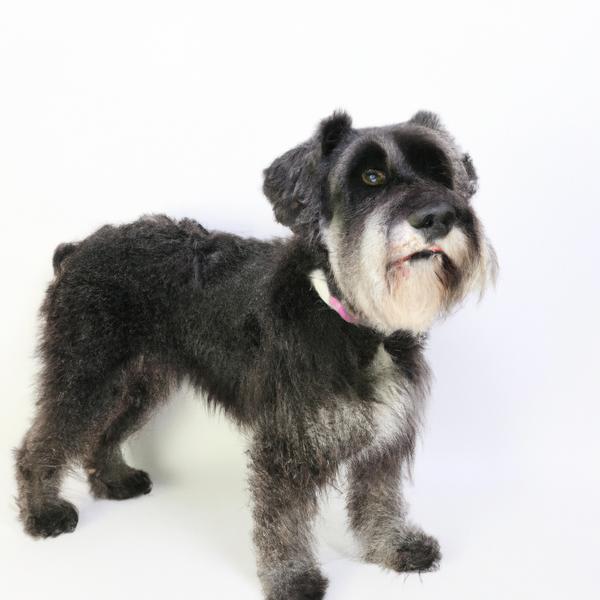
Mini Bolonauzer
Bloodhound vs Mini Bolonauzer
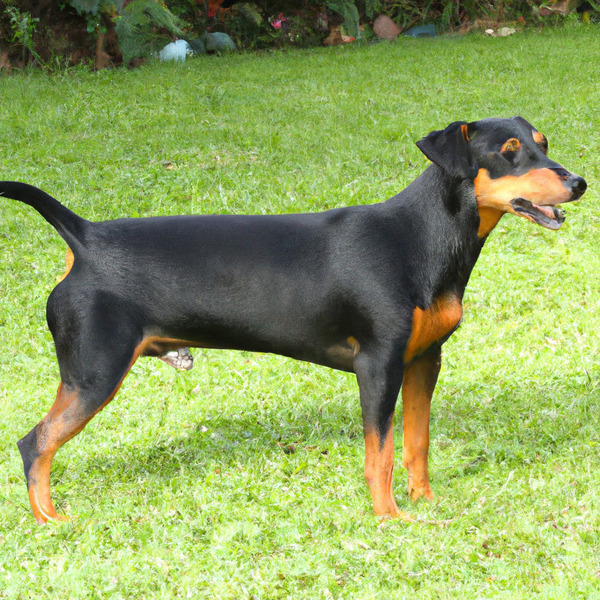
Decker Hunting Terrier
Bloodhound vs Decker Hunting Terrier
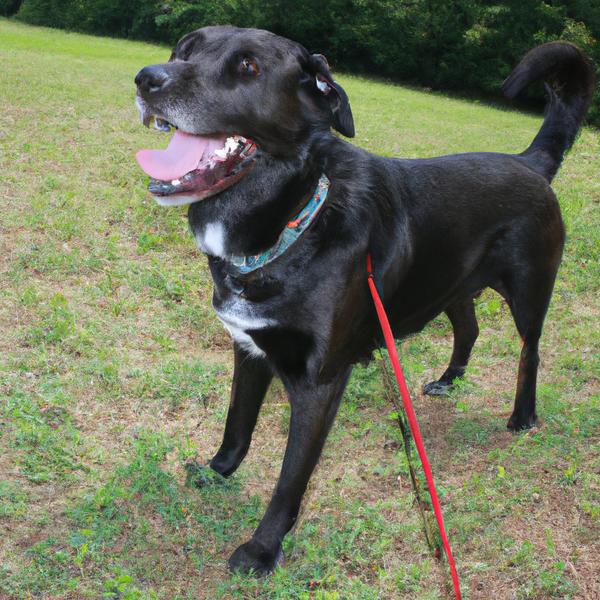
Labrottie
Bloodhound vs Labrottie

Papi-poo
Bloodhound vs Papi-poo
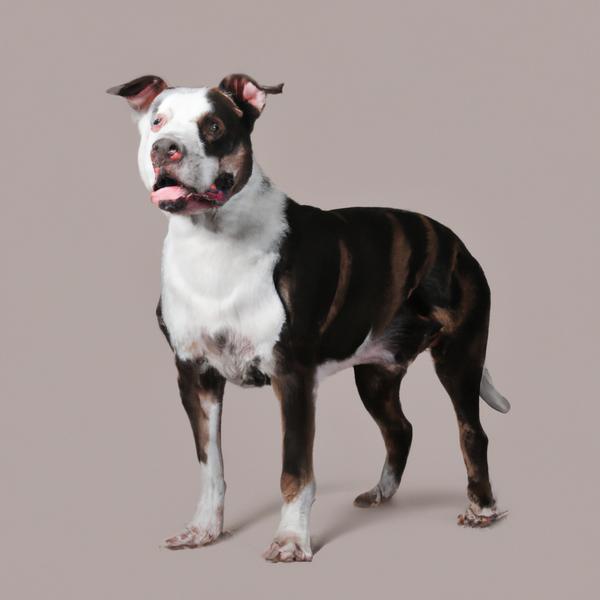
American Bull-Aussie
Bloodhound vs American Bull-Aussie
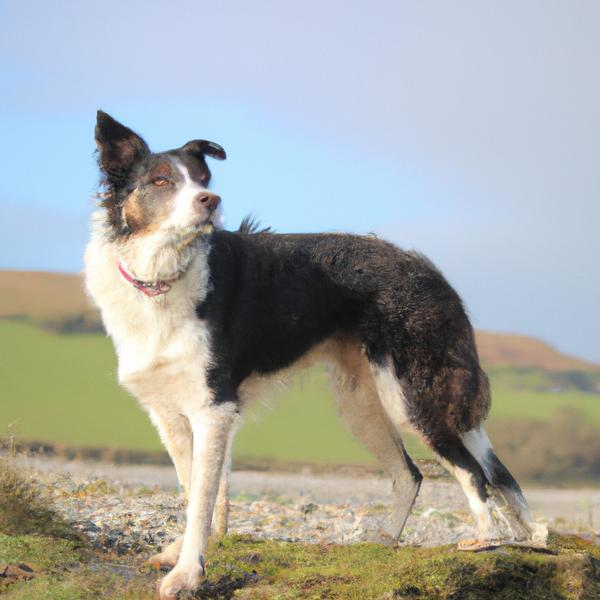
Border Collie Lakeland
Bloodhound vs Border Collie Lakeland
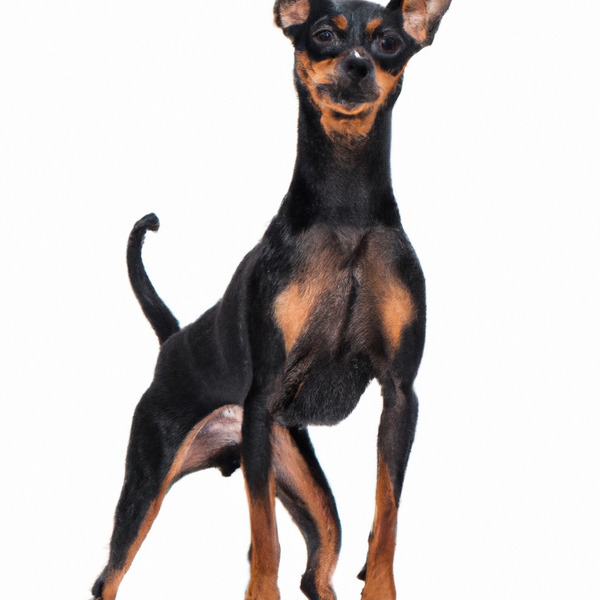
English Toy Terrier
Bloodhound vs English Toy Terrier
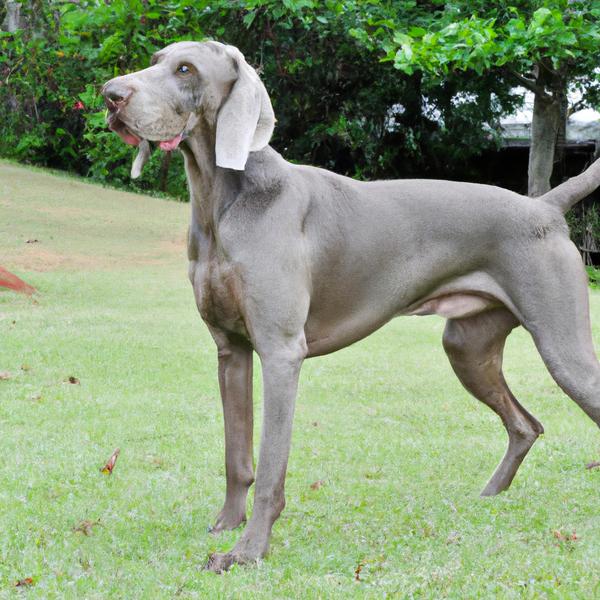
German Shorthaired Weimaraner
Bloodhound vs German Shorthaired Weimaraner
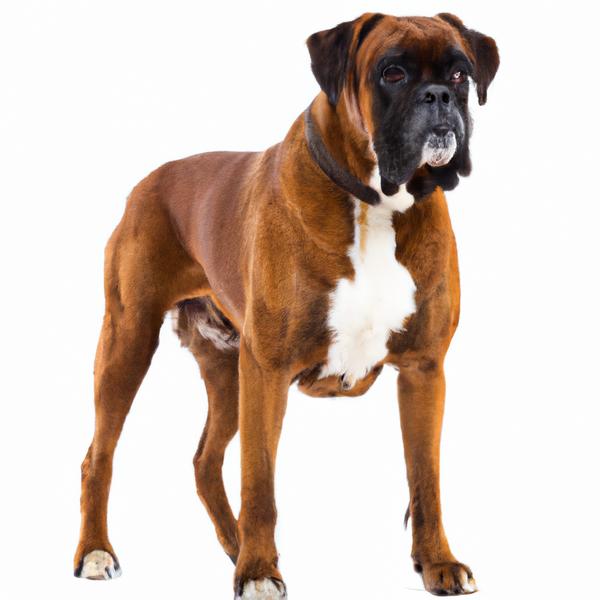
Boxer
Bloodhound vs Boxer
